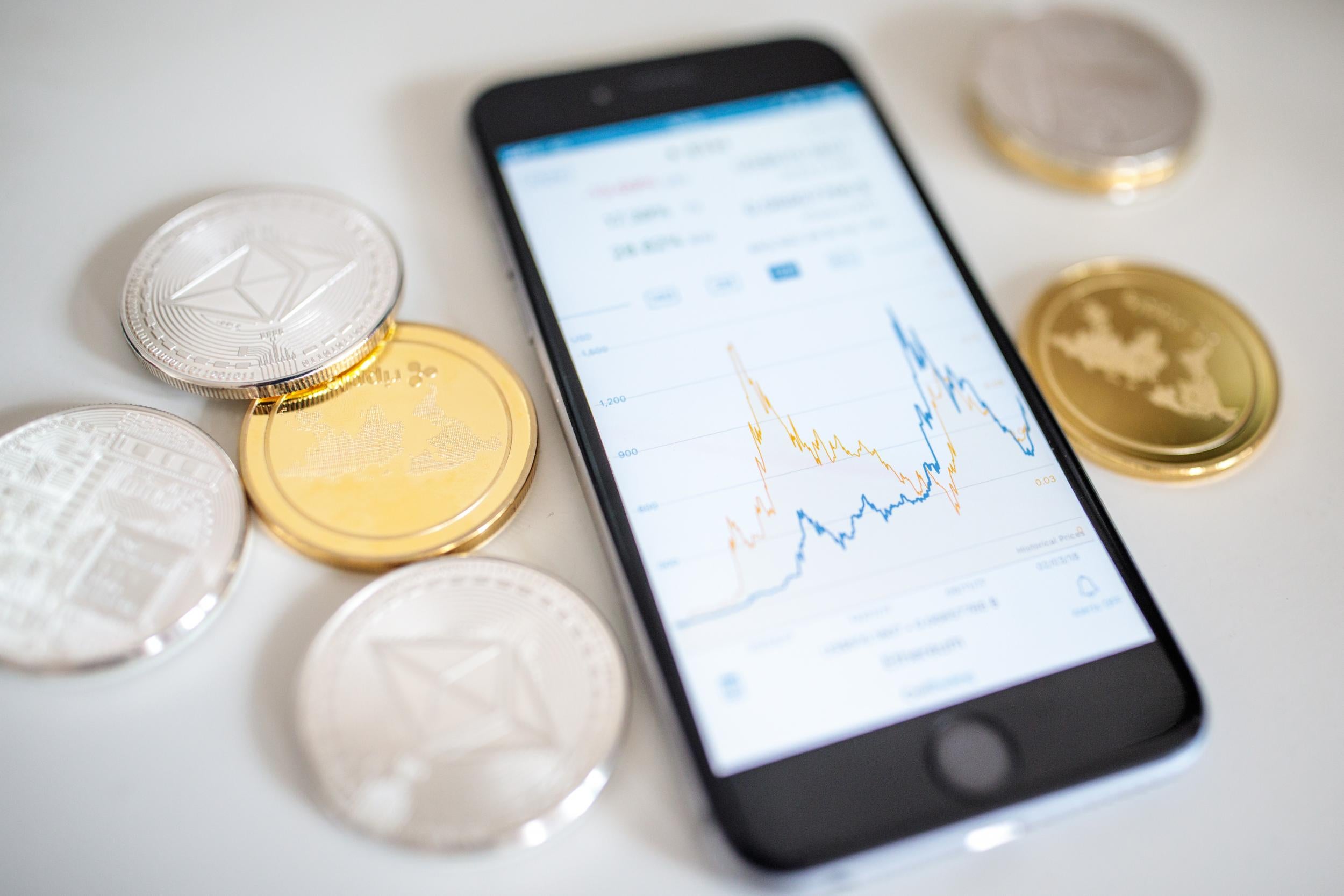What is ethereum? How bitcoin’s biggest rival could become the world’s most valuable cryptocurrency
Bitcoin is considered the gold standard of the cryptocurrency market – but ethereum's rise since 2017 has seen its value rise quickly
The booming price of bitcoin over the last year has created a buzz around cryptocurrency that goes far beyond technology enthusiasts and free market libertarians.
It has also helped draw attention to a number of other virtual currencies looming in its shadow, most notably ethereum.
Ethereum was created in 2013 by a 19-year-old Russian programmer and launched in 2015. For the first two years its price remained below $10. Then, in 2017, it exploded. In the space of 12 months, one unit of the cyptocurrency – called an ether – surged in value to be worth around $1,400 at its peak in January 2018.
While its price has since fallen back down to around $700, many still see it as the most promising of all cryptocurrency platforms, and therefore the one that holds the most potential for future price gains. Some even believe it could one day surpass bitcoin.
“Ethereum has the possibility to overtake the market capitalisation, and thus value, of bitcoin,” Hubert Olszewski, director of business development at Blockchain Board of Derivatives, tells The Independent. “This is because from the get-go it was a more versatile tool.”

When bitcoin became the world’s first decentralised digital currency upon its release in 2009, the world was reeling from the worst financial crisis in decades. So-called crypto-anarchists and others who were disillusioned by the recession hailed bitcoin for its ability to facilitate payments without the need for a bank. Essentially, they thought, it held the potential to revolutionise the global financial system.
Since bitcoin’s inception, more than 1,500 other cryptocurrencies have appeared in its wake. Each one has attempted to offer something that bitcoin can’t, with the argument being that bitcoin’s core technology contains a number a fundamental flaws that are being exposed as its network grows.
Some, like litecoin and bitcoin cash, have improved transaction times and lowered transaction costs. Ethereum’s aim, by contrast, is far more ambitious than simply improving upon bitcoin’s credentials as a payment system and store of value.
“Bitcoin is a virtual currency, but also a store of value similar to gold. It’s limited to this function by its own design,” says Alessandra Sollberger, an early investor in bitcoin who has since diversified her cryptocurrency portfolio to include ethereum.
“That’s different with ethereum. Beyond being a virtual currency, it’s been designed as a software platform that enables applications such as smart contracts – which are self-executing, secure contracts – to be built and to run without the need of a third party.”
Ethereum is therefore designed to not just decentralise traditional banks – as bitcoin sets out to do – but decentralise the entire internet. It does this by expanding upon bitcoin’s core technology called the blockchain, which is the online public ledger that permanently records the transactions made across the network.
Using ethereum’s more versatile and advanced blockchain technology, anyone is able to create their own decentralised applications.
“This opens up a vast potential of business use-case particularly as we move towards a much more connected and autonomous future,” says Erhan Korhaliller, founder of the blockchain specialist PR agency EAK Digital. “Ethereum has the potential to proliferate to all levels of business interaction.”
By completely cutting out third parties, ethereum could one day transform the way we transfer everything, from online data to the property deeds of a house. In doing so, it has earned the nickname “World Computer”.
“The ethereum platform has the potential to facilitate major innovation in applications, helping to usher a future in which self-driving cars, for example, can accept crypto in order to become self-sustainable,” says Gaurang Torvekar,co-founder and CEO of Indorse, a professional network powered by ethereum.
“In the years ahead, there might even be a way in which we can use our smartphones for research that can cure cancer, and in turn get paid for it. With a growing number of companies across the globe working on groundbreaking applications using the ethereum blockchain, the future of innovation is bright, with endless possibilities on the horizon.”
Join our commenting forum
Join thought-provoking conversations, follow other Independent readers and see their replies
Comments
Bookmark popover
Removed from bookmarks